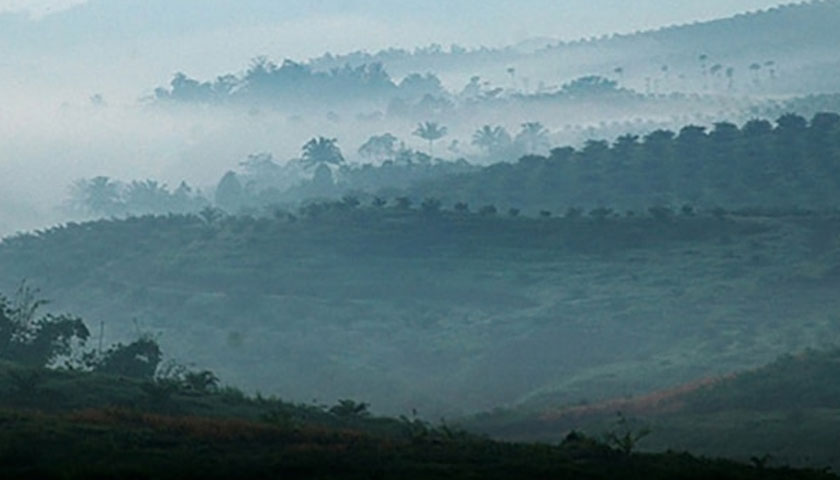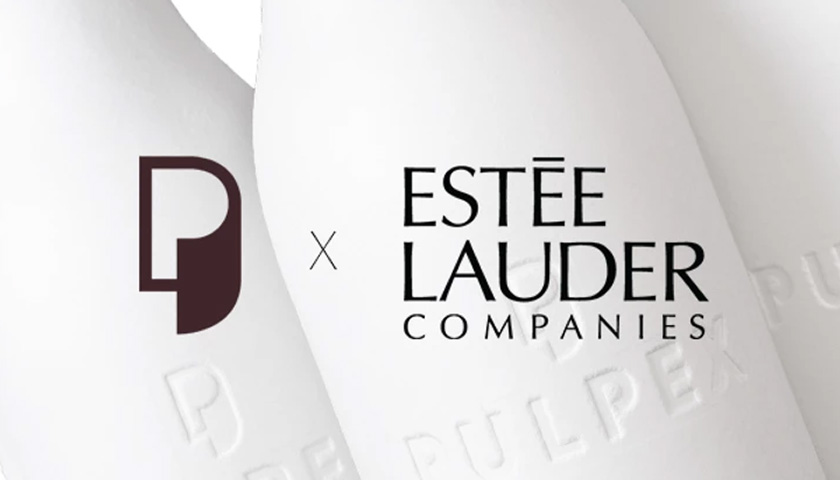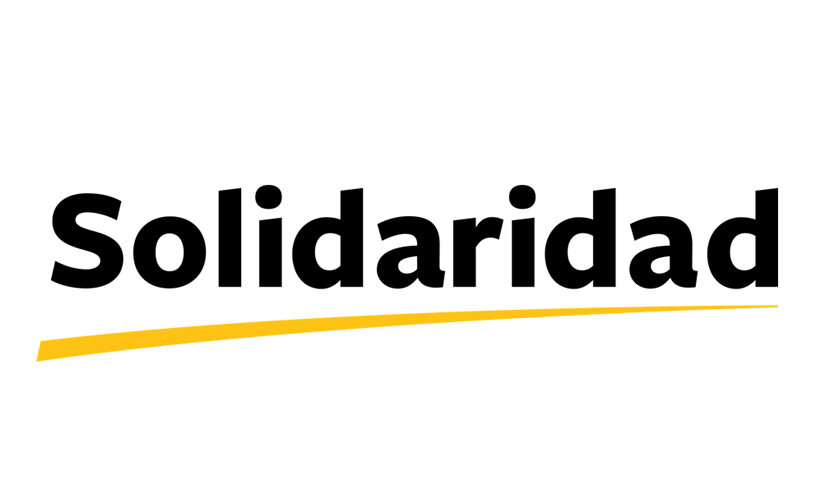The Estée Lauder Companies has partnered with BASF, Solidaridad and RSPO on a three-year project to support independent Indonesian farmers to improve their livelihoods and the sustainable production of palm oil by offering continuous education and technical support on implementing and maintaining sustainable palm oil practices. The project partners are collaborating with local Indonesian organisations to foster a sustainable palm oil production supply chain in Lampung that is free from deforestation and competitive in the global market, while increasing the social and economic benefits for farmers. Below is the press release they included in their site:
“We aim to develop long-lasting, trusting and mutually beneficial relationships with suppliers who share our strong values and demonstrate the same commitment to operating responsibly and ethically across all facets of business.” This is how Roberto Magana, The Estée Lauder Companies’ Senior Vice President and Chief Procurement Officer, describes their approach to supplier relations.
Innovating with others with high business standards that respect human diversity, biodiversity and the economic realities of the people working in our supply chain isn’t just right for business, it’s the right thing to do. When we see an opportunity to effect lasting change in communities we serve and who serve us, we are committed to supporting those efforts.
Addressing complex problems requires long-term commitment with the right local partners. That’s why in November 2018, we kicked off Project Lampung, a smallholder farmer initiative focused on more sustainable palm oil production. Led by the global NGO Solidaridad, this collaboration also includes BASF, one of our long-term ingredient suppliers; the Roundtable on Sustainable Palm Oil (RSPO); Business Watch Indonesia (BWI); and the Indonesian Agency for Agricultural Extension (KTNA), a local farmers’ association. Project Lampung’s goal is to strengthen the ability of 1,000 smallholder farmers (i.e. farmers who own or cultivate farms that are less than 2.0 hectares of land) in the Lampung Province of Indonesia to produce sustainable palm oil that minimises environmental impacts and contributes to improved incomes and livelihoods by the end of 2021.

While The Estée Lauder Companies (ELC) is a relatively small consumer of palm oil, 40% of the palm oil and palm kernel oil consumed globally across industries is supplied by farms like those participating in this initiative. Improving farming practices and facilitating dialogue among all parties involved in its production will help protect and provide opportunities to the farmers and, by extension, to their families, communities, the environment and industry as a whole.
Key components of Project Lampung include the development and training of farmers in good agricultural and best management practices that protect the environment and the health of workers. The Project also seeks to improve communication and support the development of market linkages between farms and mills, as well as provide long-term technical support for these new tools after the formal training has ended. Solidaridad predicts that with more sustainable practices in place, harvest yields will improve and the local farmers will have greater ability to sell collectively. It is expected that farmer organisations that support compliance with the Smallholder Standard of the Roundtable on Sustainable Palm Oil (RSPO) and Indonesian Sustainable Palm Oil (ISPO) will further strengthen the practices and economies of local farms, and will ensure the region’s supply is responsibly sourced, helping to make sustainable practices the industry standard.
Following a November 2018 RSPO roundtable event in Malaysia, representatives from ELC, Solidaridad, BASF, BWI and KTNA travelled together to Lampung and convened at one of the smallholder farms to kick-off this three-year initiative. “We felt like it was important to be there in person to listen to and learn from our partners and the farmers on the ground,” said Mindi DeLeary, Executive Director, Responsible Sourcing, who represented ELC on that trip.
“We are part of a complex multinational supply chain. This often means rolling up our sleeves and working with others to address the complexities and turn them into something positive for all involved,” said Mindi.
The collective approach solidified on that day reinforces our core values of ensuring quality, innovation and sustainability and demonstrates our commitment to ethical practices through the power of personal engagement – in communities that we touch.


